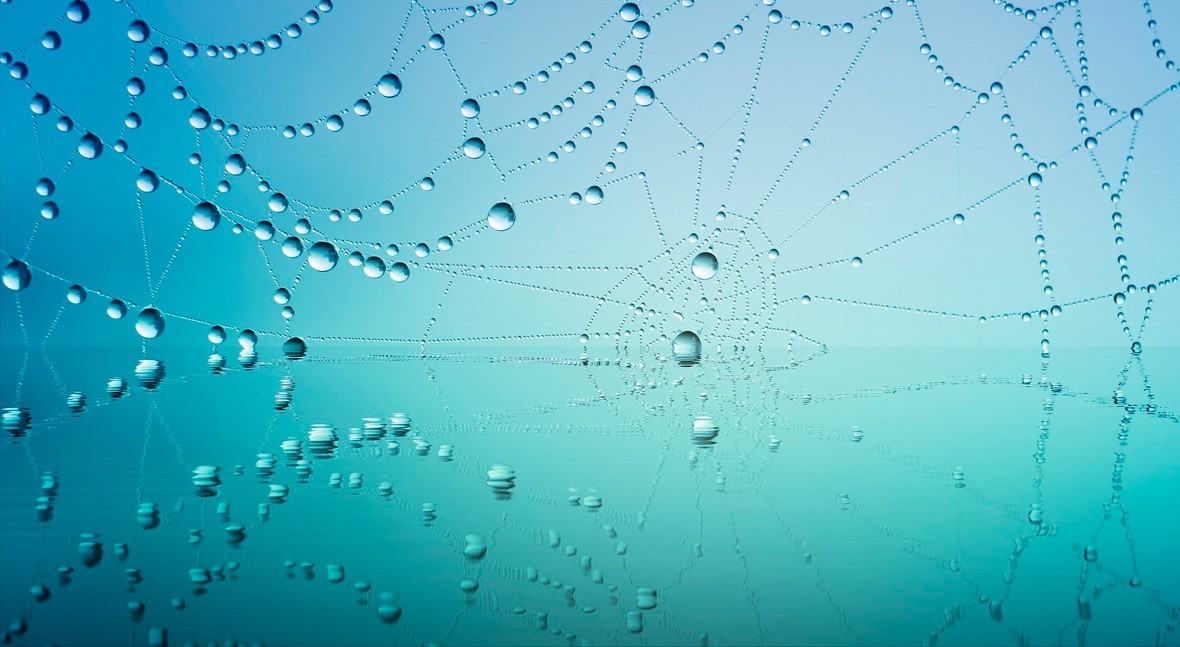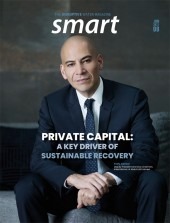Towards water smart industrial symbiotic systems
Circular economy, according to the Ellen MacArthur Foundation, aims to design waste and pollution management with new value chains, by keeping products and materials in re-use and regenerating natural systems. It is widely recognised that water due to its natural origin and involvement in several processes, plays a central role in achieving these goals. Transformation of the traditional linear production-consumption-disposal chains to circular water systems is key to their success.
Industry accounts for circa 40% of all water abstractions in Europe, making it one of the largest water users next to agriculture and households. Circular concepts are already implemented in industry, but the European Commission (EC) is now giving specific attention to ‘Water Smart Industrial Symbiosis (WSIS)’ in which economic value and increased sustainability is created by introducing circular symbiotic arrangements between industry and water service providers. This approach will further enhance the opportunities for recovery and reuse of water embedded resources and stimulate new circular business arrangements (public-private partnerships, new service providers, specialised technology suppliers, etc.).
A Water Smart Industrial Symbiosis approach will further enhance the opportunities for recovery and reuse of water embedded resources
ULTIMATE is an ongoing EU funded research and innovation project supporting the transition to WSIS by systematically addressing technical, digital, socio-economic, governance and business systems interdependencies, by:
- Show-casing successful high profile WSIS paradigms where water and industrial sectors collaborate to deliver innovative resource-efficient, circular solutions, with special emphasis on cross synergies, transferability and applicability of the WSIS concept.
- Developing, optimising and demonstrating more than 25 novel technologies for water reclamation and reuse (recovery, refining and reuse of wastewater from industries and municipalities), exploitation of energy and heat (extraction of energy, combined water-energy management, water enabled heat transfer, storage and recovery of heat), nutrient and material recovery/reuse (nutrient mining, extraction/reuse of high-added value exploitable compounds), and assessing the impact with life cycle and risk based tools, within key industrial sectors (agro-food processing industry, beverage industry, heavy chemical/petrochemical industry and biotech industry).
- Assembling and applying digital support tools to improve the design, control and operation of industrial symbiotic schemes, such as: an ontology model, a stress testing tool building on hybrid modelling and simulation to experiment with alternative socio-economic/environmental scenarios, an interactive gamified 3D visualisation tool to support the (co-)design of circular systems across industries, and immersive, eXtended Reality (XR) built narratives to learn about complex issues.
- Developing and demonstrating novel exploitation/valorisation schemes (value chains) for these resources, through a range of business models and symbiotic arrangements, linking them to ongoing investments and plans for industries and water utilities.
- Designing, promoting and accelerating business transformation to WSIS, through active stakeholder engagement and innovation co-creation, by drawing on transdisciplinary knowledge and capacities from Art, Technology and Digital Humanities, for business-to-business, citizen and Living Lab engagement.
- Reducing existing barriers for recovery, reuse and commercial exploitation of valuable water-related resources (incl. requirements and standards for reuse) through WSIS novel governance approaches and best practice guidelines.
The setup of ULTIMATE is such that it supports uptake in and transfer of WSIS knowledge and experiences to other industrial environments, different regional and cultural settings, as well as the upscaling of current case studies. As such, ULTIMATE actively contributes to the green and digital ‘twin’ transition promoted by the EC in the EU and beyond.















